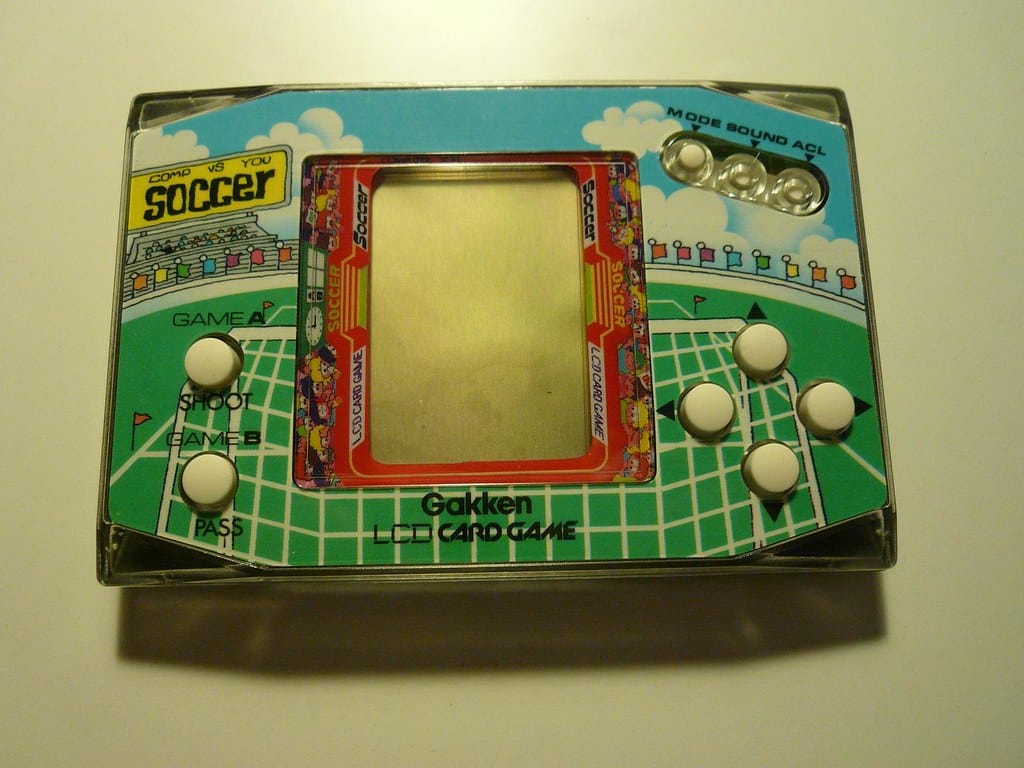Microsoft Eyes Handheld Gaming Revival as Nintendo Switch Dominance Sparks Industry Competition
Microsoft is reportedly exploring a return to the handheld gaming market, signaling a potential challenge to Nintendo's overwhelming dominance in the portable gaming space. With the Nintendo Switch selling over 130 million units worldwide and establishing itself as one of the most successful gaming consoles in history, Microsoft's renewed interest in handheld devices could reshape the competitive landscape of portable gaming.
The Handheld Gaming Renaissance
The gaming industry has witnessed a remarkable transformation in recent years, with handheld devices experiencing an unexpected renaissance. Nintendo's Switch, launched in 2017, proved that consumers still craved portable gaming experiences, defying predictions that smartphones would eliminate dedicated gaming handhelds. The hybrid console's success has demonstrated that there's substantial market appetite for premium portable gaming hardware.
Steam Deck's emergence in 2022 further validated this trend, with Valve's handheld PC gaming device generating significant buzz and proving that multiple manufacturers could coexist in this space. The device's ability to run PC games on-the-go has attracted a dedicated following, suggesting that different approaches to handheld gaming can find their audiences.
Microsoft's Historical Context
Microsoft's relationship with handheld gaming has been notably absent compared to its console success with Xbox. While Sony experimented with the PlayStation Portable (PSP) and PlayStation Vita, and Nintendo consistently dominated with devices from the Game Boy to the Switch, Microsoft never seriously entered the handheld market during the height of portable gaming's previous era.
However, the company has been making strategic moves that suggest a renewed focus on portable gaming. The Xbox Cloud Gaming service has been expanding rapidly, allowing players to stream Xbox games to various devices including smartphones and tablets. This cloud-first approach could serve as a foundation for a dedicated handheld gaming device.
Market Opportunity and Timing
The timing for Microsoft's potential handheld gaming entry appears strategically sound. Nintendo Switch sales, while still strong, have begun showing signs of maturation as the console enters its seventh year. Industry analysts suggest that Nintendo may be preparing next-generation hardware, potentially creating an opening for competitors.
The global handheld gaming market is projected to reach $30 billion by 2026, driven by technological advances in mobile processors, improved battery life, and growing consumer acceptance of premium portable gaming devices. Microsoft's extensive game library through Xbox Game Pass could provide a compelling value proposition for a handheld device.
Technical Advantages and Challenges
Microsoft's potential handheld device would likely leverage the company's existing ecosystem advantages. Xbox Game Pass, with over 25 million subscribers, represents one of gaming's most valuable content libraries. A Microsoft handheld could offer day-one access to major Xbox exclusives, providing immediate differentiation from Nintendo's approach.
The company's cloud gaming infrastructure could also enable unique hybrid experiences, allowing seamless transitions between local and streamed gameplay. This could address storage limitations that often constrain handheld devices while providing access to graphically intensive games.
However, significant challenges remain. Nintendo's first-party exclusives like Mario, Zelda, and Pokémon represent some of gaming's most beloved franchises, creating substantial customer loyalty. Microsoft would need to demonstrate clear advantages in performance, game library, or pricing to attract consumers away from Nintendo's ecosystem.
Industry Implications
A Microsoft handheld gaming device would intensify competition in a market that has seen limited rivalry for Nintendo. This increased competition could benefit consumers through innovation, better pricing, and improved features across all devices in the category.
The move would also represent Microsoft's commitment to gaming beyond traditional consoles, aligning with the industry's shift toward multi-platform, service-based gaming experiences. It could accelerate the adoption of cloud gaming technologies and push other manufacturers to innovate more aggressively.
Looking Ahead
While Microsoft has not officially confirmed specific handheld gaming plans, industry insiders suggest that development of such a device would align with the company's broader gaming strategy. The success of Xbox Game Pass and improvements in mobile gaming technology create favorable conditions for a Microsoft handheld gaming device.
The potential entry would mark a significant evolution in portable gaming competition, offering consumers more choices and potentially driving innovation across the industry. Whether Microsoft can successfully challenge Nintendo's handheld gaming supremacy remains to be seen, but their rumored return to this market segment represents one of gaming's most intriguing potential developments in recent years.
